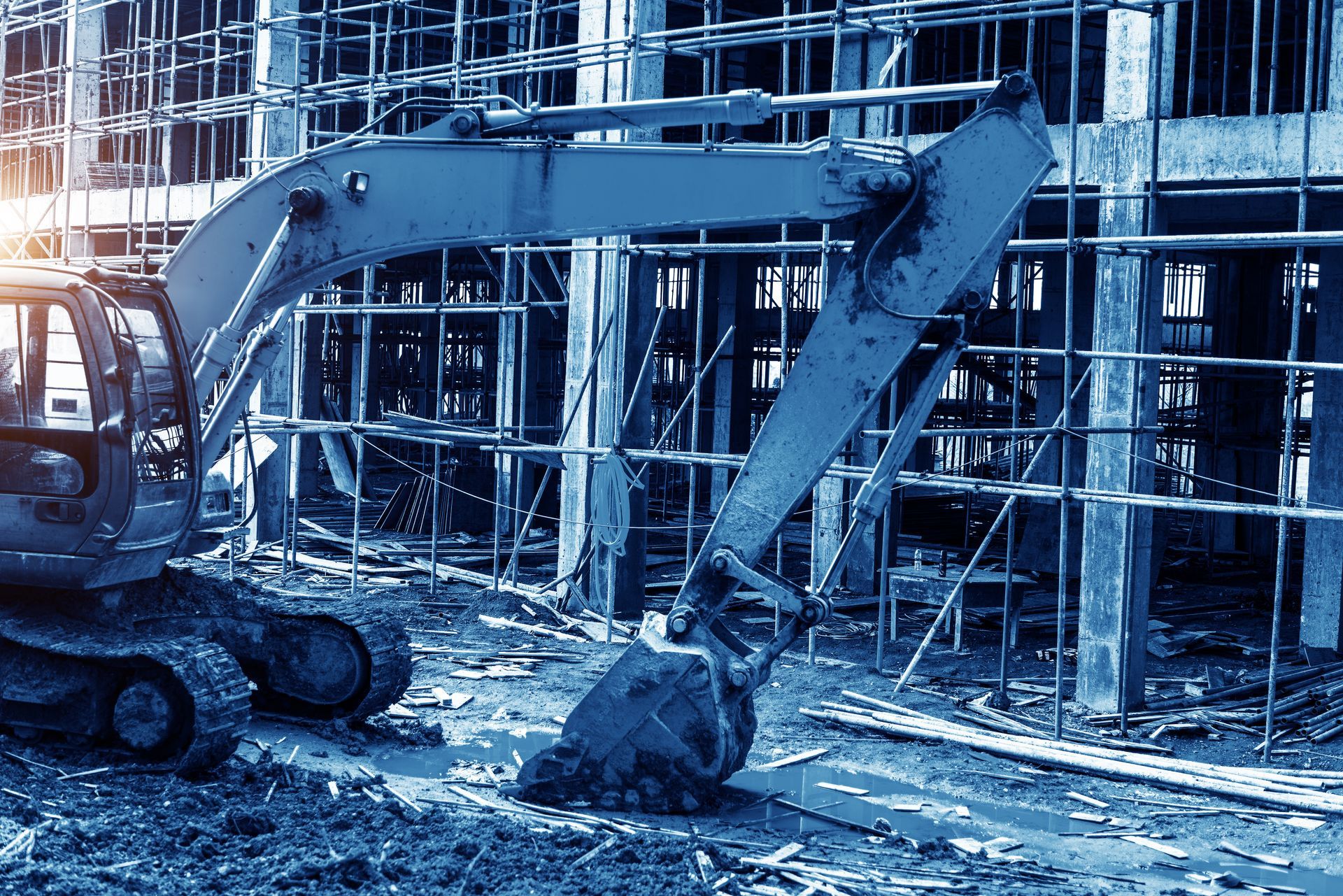How Does Workers’ Compensation Work for Construction Firms?
Workers can get hurt at any job, but the construction industry offers more than its fair share of hazards. This is why employers need to understand the workers’ compensation system and how they can ensure that their employees are well-protected. Here are a few things that our Houston construction accident lawyers think that you should know.
Do Employers Need Workers’ Compensation Coverage?
Many states require all employers to carry workers’ compensation insurance. Texas is not one of them. However, certain employers are required to carry coverage. This can include:
Public employers : Cities, counties, and state agencies can all participate in construction projects. They must have workers’ comp coverage when they do.
Contractors who work on public projects : If your company works for government entities, you must have coverage. This is true even for private companies and contractors. If you work with the government, you need workers’ comp coverage.
What Are an Employer’s Responsibilities Under the Workers’ Compensation System?
Aside from opting into insurance themselves, employers have a few responsibilities under this system. They must:
- Report injuries to their insurance carrier
- Do their best to provide a safe work environment
- Notify new employees about workers’ compensation coverage and how it works
- Keep records about workplace injuries, illnesses, and deaths
- Help injured workers return to the job, if possible.
When Are Injured Employees Not Eligible for Workers’ Compensation?
Usually, a worker just needs to show that an injury occurred at work in order to claim workers’ compensation. However, there are some situations in which a claim can be denied. Some common arguments from an insurer include:
- The injury did not actually happen at work
- The injury only occurred due to “horseplay” between employees
- The claimant had a pre-existing condition
- The claimant or other workers were using alcohol or drugs and that contributed to the accident
Can I Be Sued Personally If I Don’t Have Insurance?
In some cases, yes. A personal injury lawsuit is a bit more complicated than a workers’ comp case though. In a personal injury case, negligence is key. The employee who sues needs to show that you were at fault somehow. When someone claims workers’ compensation, fault does not really matter. It only matters that the injury occurred at work.
It can be harder to sue an employer personally, but it’s not impossible. If someone can prove negligence on the part of your company, they may be able to claim even more compensation than they would have secured through the workers’ comp system. This is because workers’ compensation doesn’t address some types of damages, like pain and suffering. An employee could win pain and suffering damages from you in a personal injury lawsuit though.
Talk to Our Construction Industry Lawyers
If you want to learn more about workers’ comp and how you can protect your business, contact Patout & Shaw. We can schedule a consultation and help you learn more about how to make your workplace safer.
The post How Does Workers’ Compensation Work for Construction Firms? appeared first on Patout & Shaw.











